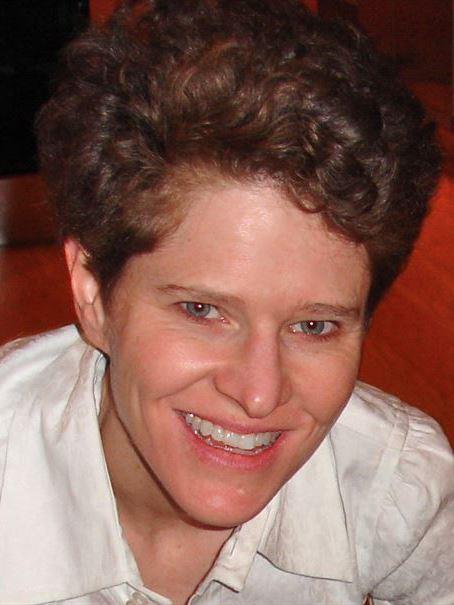
Medical School
- MD, University of Colorado Denver School of Medicine (1995)
Undergraduate School
- BS, Colorado State University (CO) (1990)
Internship
- Johns Hopkins University School of Medicine Program (1996)
Residency
- Johns Hopkins University School of Medicine Program, Internal Medicine (1998)
Languages
EnglishDepartment
Medicine-Internal MedicineResearch Interests
I am interested in particular in two areas--the antiphospholipid syndrome (APS) or Hughes syndrome and autoimmune disorders of the autonomic nervous system, such as postural tachycardia syndrome (POTS). APS is an autoimmune clotting disorder which can wide-ranging manifestations. I am interested in particular in the neurological manifestations of APS. We first described the association of disorders of the autonomic nervous system in APS in 2014 and I believe this will turn out to be an important association. More recently, I have shown that the autonomic disorders seen in APS are due to damage to the autonomic nerves and that this may be the initial manifestation of the antiphospholipid syndrome. The forms of dysautonomia seen in APS, include POTS and other cardiac dysautonomias, gastrointestinal dysmotility and complex regional pain syndrome. There are other autoimmune causes of dysautonomia besides APS and early data suggests that about 1/3 of patients with dysautonoima severe enough that they present to an academic center have an underlying autoimmune cause. I am working on a clinical study with neurology and hematology investigating how often severe headaches and memory loss in people under the age of 50 may be due to antiphospholipid antibodies and whether blood thinners may improve these symptoms in the patients who do have these abnormal antibodies. I am also working on a clinical study to treat autoimmune autonomic disorders with immune modulatory therapy. Anecdotal experience and studies in small numbers of patients have shown that these treatments are very effective in the patients with dysautonomia who have evidence for autoimmunity. The goals of this study are to determine what percentage of patients respond and what their clinical features are, to determine how long the response takes and how long it lasts, to determine whether patients treated earlier respond better and to see if all forms of autoimmunity respond the same way,Specialty Information
Specialties- Internal Medicine, Board Certification (1998, 2008)
- Immune System - Autoimmune Disorders
- Immune System
Clinical Interests
Autoimmune disease
Care Philosophy
I try to learn about each of my patient's lives not only because I enjoy it, but also because it is impossible to understand the impact of a disease and how best to treat it without this knowledge. I encourage my patients to learn as much as they can about their illness(es) so they can be active collaborators in their care.
Autoimmune disease
Care Philosophy
I try to learn about each of my patient's lives not only because I enjoy it, but also because it is impossible to understand the impact of a disease and how best to treat it without this knowledge. I encourage my patients to learn as much as they can about their illness(es) so they can be active collaborators in their care.
Personal Interests
I love to watch my two sons play basketball.
Public Speaking
Yes
I love to watch my two sons play basketball.
Public Speaking
Yes